- Car Functions
- Japanese Used Car
Essential Guide to Japanese Used Car Engines for Sydney Residents
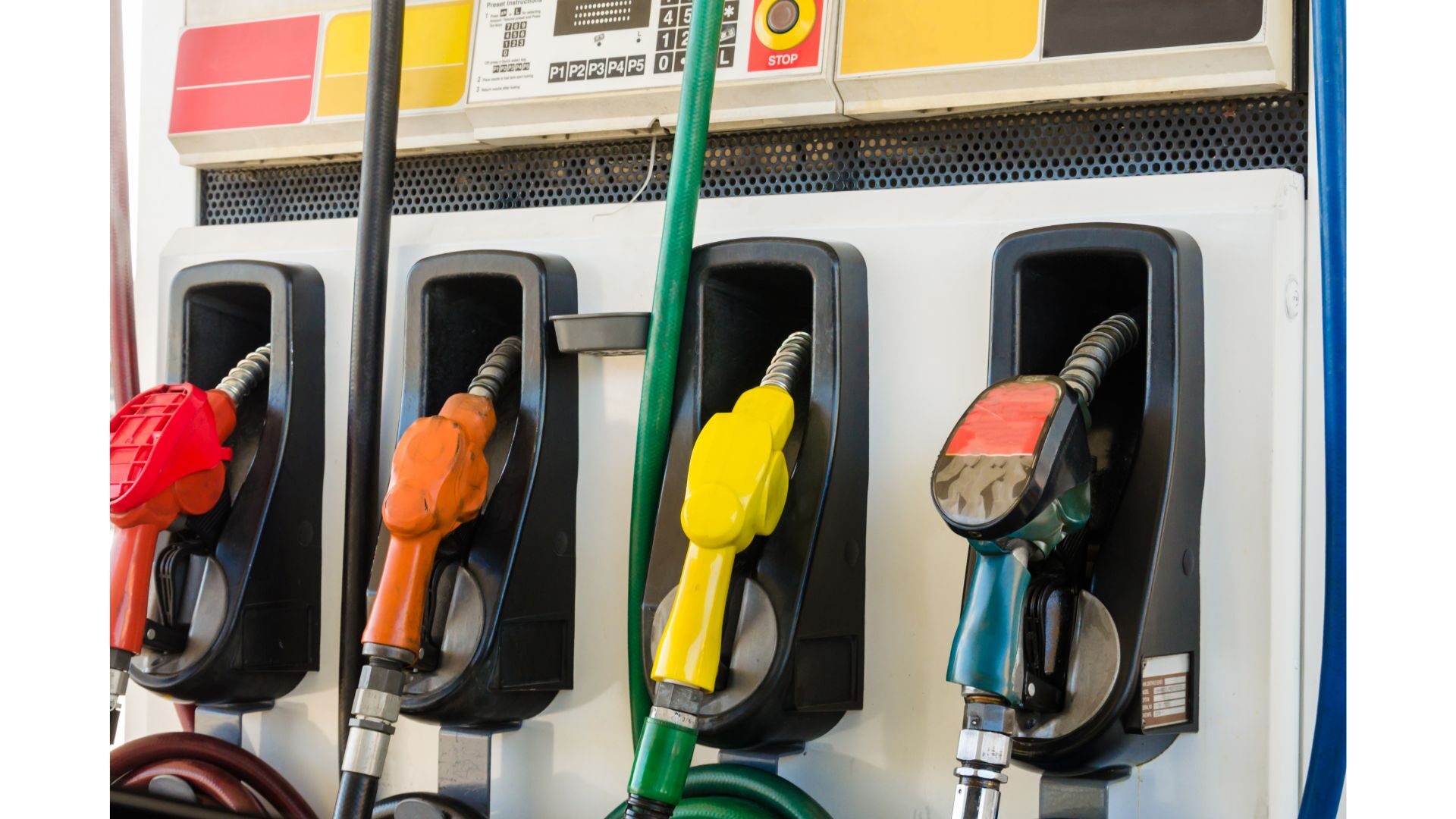
For residents of Sydney, the allure of Japanese-made vehicles has been undeniable for many years, thanks to their reliability, fuel efficiency, and overall quality. The used car market in Sydney is diverse, with a plenty of Japanese imports available. These vehicles offer an economical alternative to new cars, providing value for money.
However, when choosing a used car, it’s crucial not just to consider the price but also to carefully select the type of engine, which directly impacts the vehicle’s performance, fuel consumption, environmental impact, and future maintenance costs. Especially for used cars, the engine’s condition can significantly influence the vehicle’s lifespan and reliability, making it essential to understand before making a purchase.
This article aims to guide Sydney residents through the different engine types available in Japanese used cars, detailing each type’s features, advantages, and disadvantages. From gasoline and diesel engines to hybrids and electric vehicles (EVs), we’ll provide essential information to help you find the perfect car for your needs.
Understanding Engine Types in Japanese Cars
Japanese automobiles are renowned for their technological innovation and efficiency, offering various engine types, each with unique characteristics and benefits. We’ll focus on petrol engines, diesel engines, hybrid engines, and electric vehicles (EVs), explaining their basic functions and how they suit different driving needs.
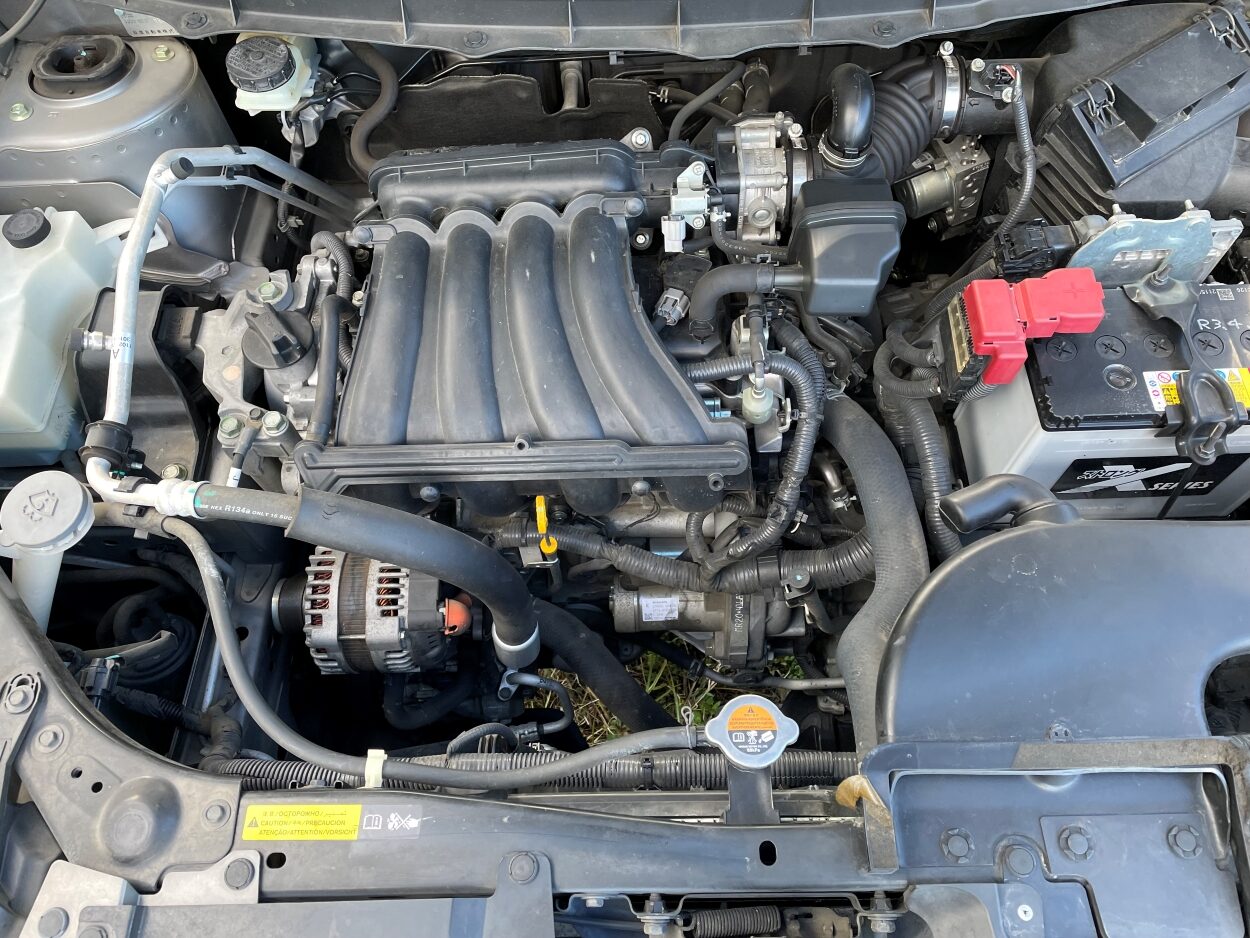
Petrol Engines
The most common engine type in Japanese cars, petrol engines are valued for their reliability and ease of maintenance. They generally offer smooth operation and good acceleration, suitable for short to medium distances, and recent models have seen significant improvements in fuel efficiency.
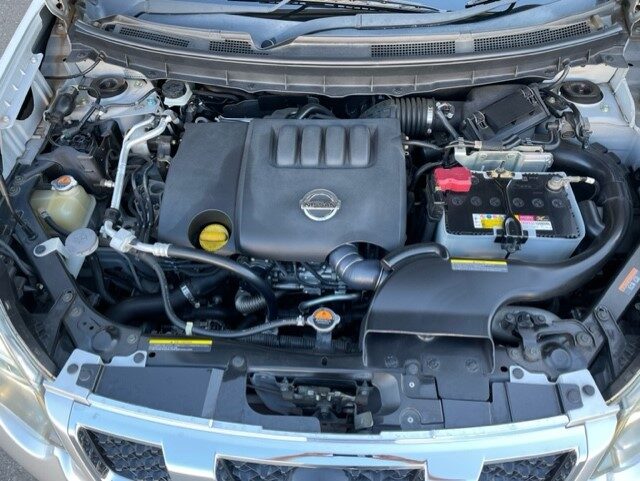
Diesel Engines
Known for their high torque and excellent fuel economy, diesel engines are ideal for long-distance driving and hauling heavy loads. They are durable but face strict environmental regulations due to emissions.
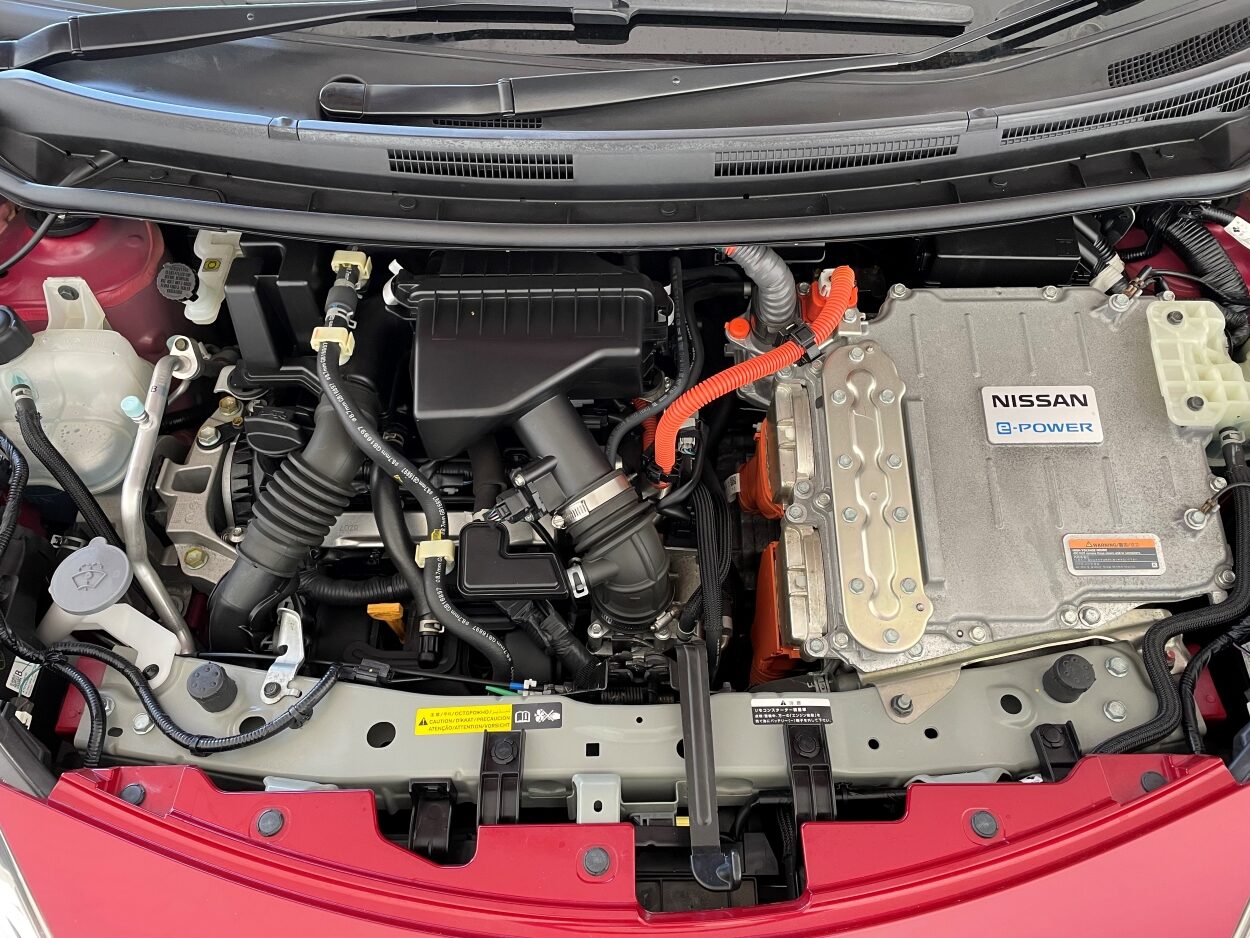
Hybrid Engines
Combining a petrol engine with an electric motor, hybrid vehicles excel in fuel efficiency and reducing emissions, particularly in urban driving.
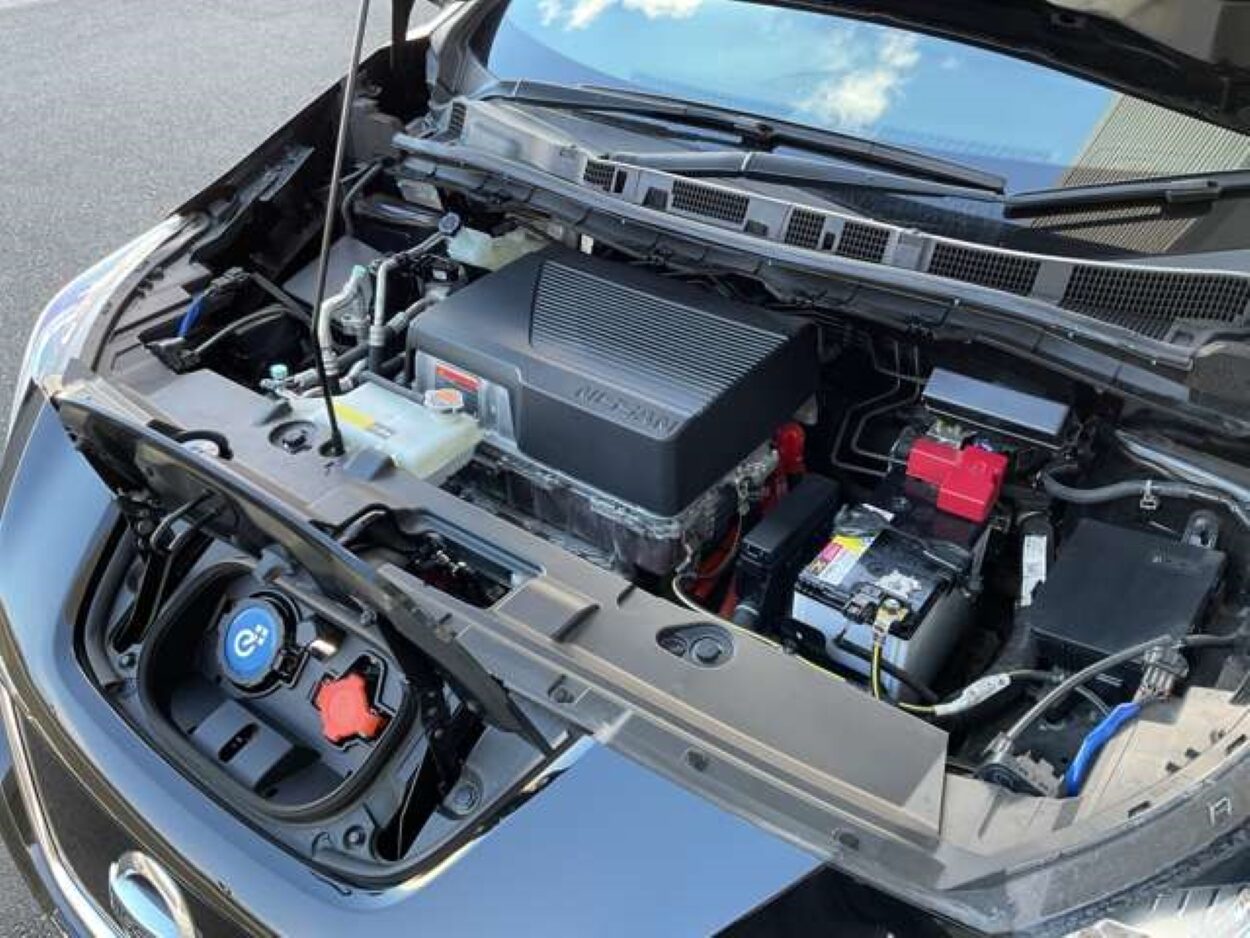
Electric Vehicles (EVs)
EVs run solely on electricity, offering zero emissions during operation and reduced noise levels. With the expansion of charging infrastructure, their popularity continues to rise, although range and charging time remain important considerations for buyers.
Advantages and Disadvantages of Petrol Engines
Petrol engines are widespread in Japanese cars, offering a balanced performance and easy maintenance. Here, we delve into the pros and cons of gasoline engines, focusing on fuel economy, power, and maintenance aspects.
Advantages
– Fuel Economy and Power: Technological advancements have significantly improved the fuel efficiency of petrol engines, which offer flexible performance across various driving scenarios.
– Maintenance Ease: Japanese petrol engines are known for their reliability and straightforward maintenance, with readily available parts and relatively low repair costs.
Disadvantages
– Fuel Economy Limitations: Despite improvements, petrol engines may still lag behind diesel and hybrid engines in fuel efficiency, especially for frequent long-distance travel or heavy loads.
– Environmental Impact: Compared to diesel engines, hybrids, and EVs, petrol engines typically have higher CO2 emissions, which is a crucial consideration for environmentally conscious drivers.
Characteristics of Diesel Engines
Diesel engines are particularly effective under certain conditions and purposes, offering unique benefits in terms of long-distance fuel efficiency and durability, but also pose environmental concerns.
– Long-Distance Driving and Fuel Efficiency: Diesel engines excel in fuel economy, especially suited for long drives and areas with varying terrain, often chosen for large vehicles and trucks for their cost-saving benefits over time.
– Durability and Environmental Impact: Diesel engines are durable but face scrutiny for their environmental emissions, including NOx and particulate matter, leading to stringent regulations and technological advancements in emission reduction systems.
The Future of Hybrids and EVs
The shift towards environmental sustainability and cost-effective transportation is spotlighting hybrid vehicles (HEVs) and electric vehicles (EVs) for their potential to reduce environmental impact and ownership costs.
– Environmental Benefits: HEVs combine petrol engines with electric motors for lower emissions, especially in cities, while EVs offer zero emissions and reduced noise.
– Ownership Costs and Incentives: Lower fuel and maintenance costs are significant advantages, with many regions offering incentives for HEV and EV purchases, making them increasingly economical choices.
Recommended Models by Engine Type
Choosing the right engine type based on your driving habits and purposes is crucial when selecting a Japanese used car. We recommend popular models for each engine type and offer tips on purchasing in Sydney.
– Petrol Engines: Models like Toyota Corolla and Honda Civic are renowned for their reliability and fuel efficiency, widely available in the used car market.
– Diesel Engines: Toyota Hilux and Mazda CX-5 are favored for their durability and fuel economy, suitable for long drives and heavy loads.
– Hybrid Vehicles: Toyota Prius and Honda Insight, along with Nissan Note e-POWER, offer excellent fuel efficiency and lower emissions, ideal for eco-conscious drivers.
-Electric Vehicles (EVs): Nissan Leaf and Tesla Model 3 stand out for their zero-emission operation and impressive performance. As charging infrastructure improves, EVs are becoming a more viable option for many drivers.
Conclusion
This article has provided a comprehensive overview of the different engine types available in Japanese used cars, highlighting their features, advantages, and disadvantages. To summarise:
Petrol Engines: Widely used for their reliability and fuel efficiency, offering ease of maintenance and a smooth driving experience.
Diesel Engines: Best for long-distance driving and heavy loads due to their durability and fuel economy, though they face environmental challenges.
Hybrid Vehicles: Combine fuel efficiency with reduced emissions, making them ideal for urban driving and environmentally conscious drivers.
Electric Vehicles (EVs): Offer the lowest environmental impact and reduced long-term costs, though range and charging infrastructure are key considerations.
Key Points for Choosing a Used Car in Sydney
When selecting a Japanese used car in Sydney, consider the following
Reliable Sources: Seek advice from reputable dealers or experts for accurate information about the vehicle’s condition and history.
Driving Habits and Usage: Choose an engine type that matches your driving style and the car’s primary purpose.
Total Ownership Costs: Look beyond the purchase price to consider fuel costs, insurance, maintenance, and potential resale value.
By understanding these engine types and considering your specific needs, you can make an informed decision when purchasing a Japanese used car in Sydney, ensuring you find a vehicle that offers the best balance of cost, performance, and environmental impact.
Popular

- Japanese Used Car
- Blog
The Pitfalls of Purchasing Imported Japanese Used Cars
27 February 2024

- Blog
Your Complete Guide to Buying a Used Car in Australia: From Pre-Purchase Inspection to Post-Purchase Maintenance
01 October 2024
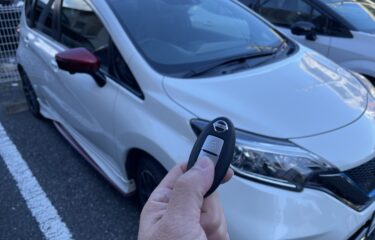
- Car Functions
- Blog
Smart Key Solutions: Battery Replacement and Troubleshooting
23 March 2024

